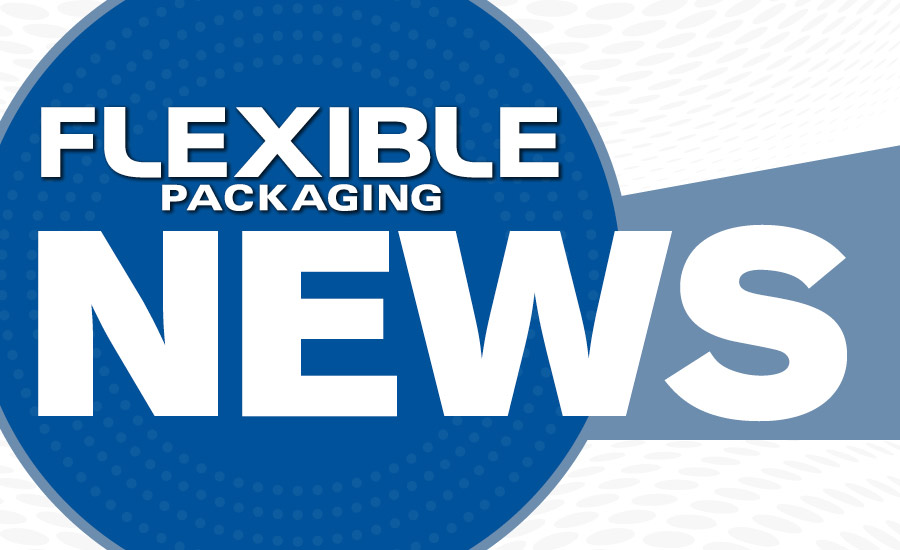New Avery Dennison White Paper Covers Functional Packaging

Avery Dennison has released a white paper highlighting new consumer insights from the rapidly growing functional packaging market. Titled “Consumer Perceptions of Functional Packaging,” the paper reveals which features and benefits consumers seek when considering functional packaging.
Functional packaging is changing the way consumers shop for and interact with products and brands. According to Euromonitor International, 190 billion retail units in the food industry will transition to flexible packaging in the next three to five years. Euromonitor also predicts pressure-sensitive reclosures to be the fastest growing closure type globally, with a compound annual growth rate (CAGR) of 6 percent through 2020. Meanwhile, Micromarket Monitor predicts the U.S. flexible pouch market will grow to $29.64 billion by 2021. That’s an estimated CAGR of 5 percent.
This growth is driven by several factors, including consumers’ growing desire for convenience and ease of use, portability, freshness and safety, as revealed by Avery Dennison research.
“The message from Euromonitor’s and other experts’ market data is that label converters have a tremendous opportunity to expand their business with functional packaging,” says Frank Loncar, global director, marketing, Avery Dennison. “Meanwhile, our own research is helping us understand, in greater detail than ever, just what consumers want and expect at the point of sale and beyond. “
“Functional” packaging is that which is designed to provide value-added consumer benefits, such as greater convenience or ease of use. It may incorporate flexible packaging and pressure-sensitive films, reclosure solutions and intelligent label technologies, in new and creative ways.
Flexible packaging uses a combination of materials – primarily paper, film and foil – to form pouches with the properties needed to protect the contents. Reclosures incorporate pressure-sensitive films with a resealable adhesive and a flexible package. These adhesives are used in an ever-expanding number of applications, including those requiring Food and Drug Administration approval.
“Intelligent Labels” can enable brands and retailers to enhance multiple levels of the supply chain and retail by storing and capturing information and wirelessly transmit data to enhance experiences. UHF RFID (Ultra High Frequency Radio Frequency Identification) is frequently used for apparel, beauty and food, as well as NFC which enables consumer interaction and TT Sensor PlusTM, which provides temperature sensing.
Intelligent labels can be also be integrated into the packaging, for example through NFC or QR codes, to enhance the consumer experience – including item-level customization, delivering product reviews and product authentication – while enabling brands and retailers to track inventory more accurately and thereby meet customer demand as never before.
The white paper is based on research the company conducted earlier this year and can be downloaded at http://label.averydennison.com/functionalpackaging.
Avery Dennison
Looking for a reprint of this article?
From high-res PDFs to custom plaques, order your copy today!





